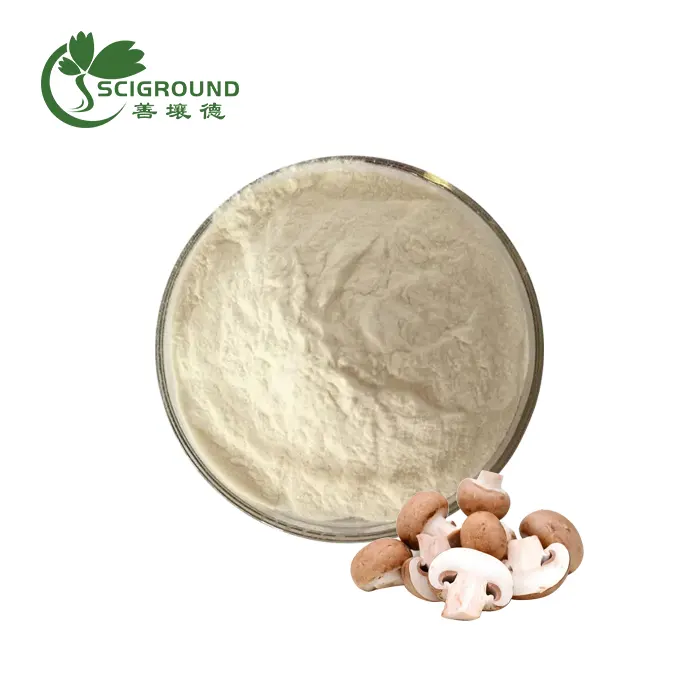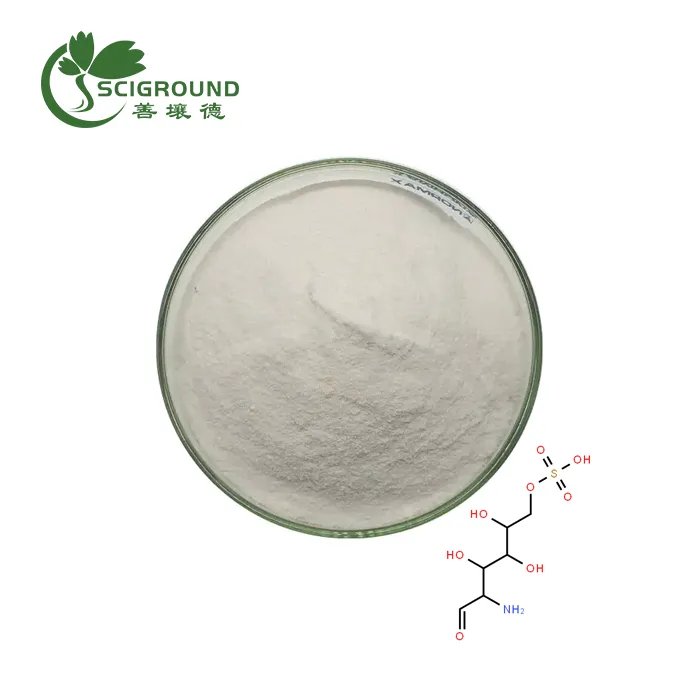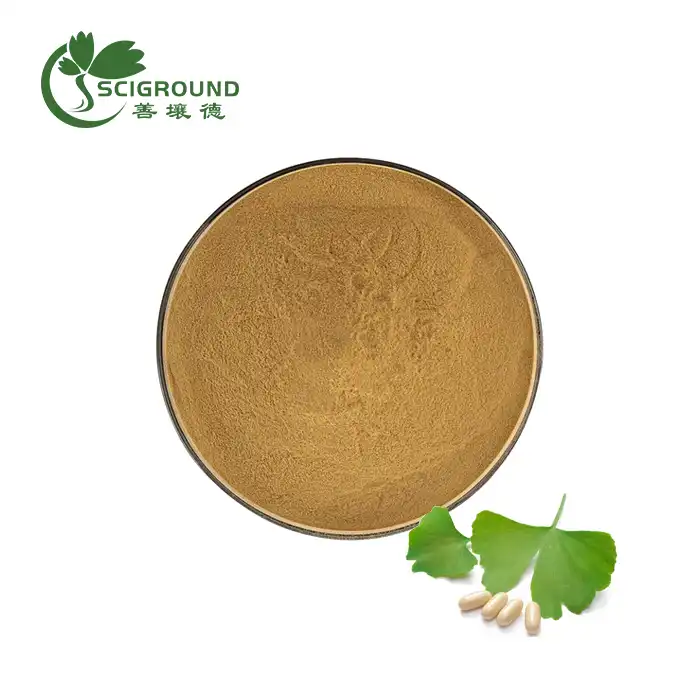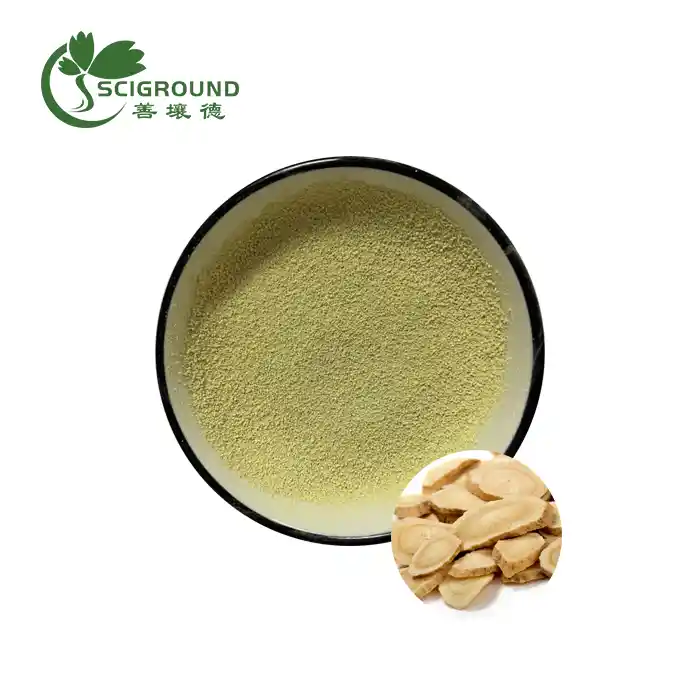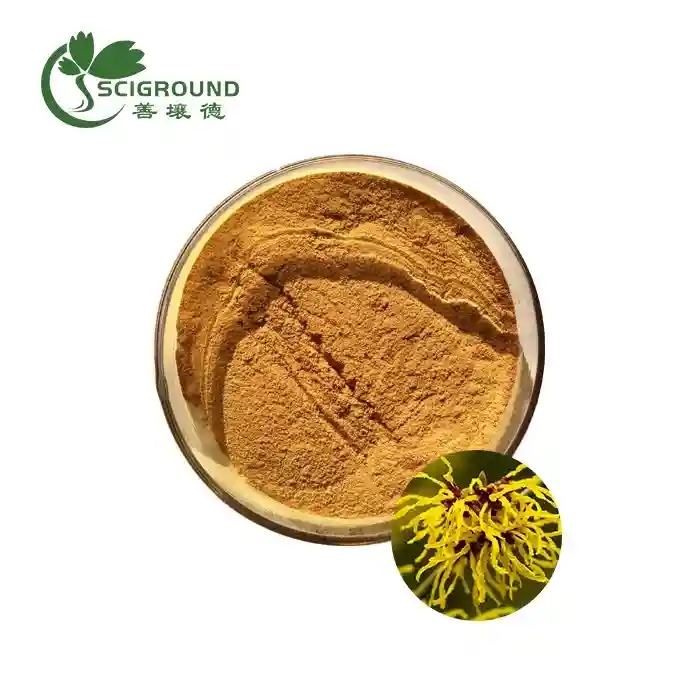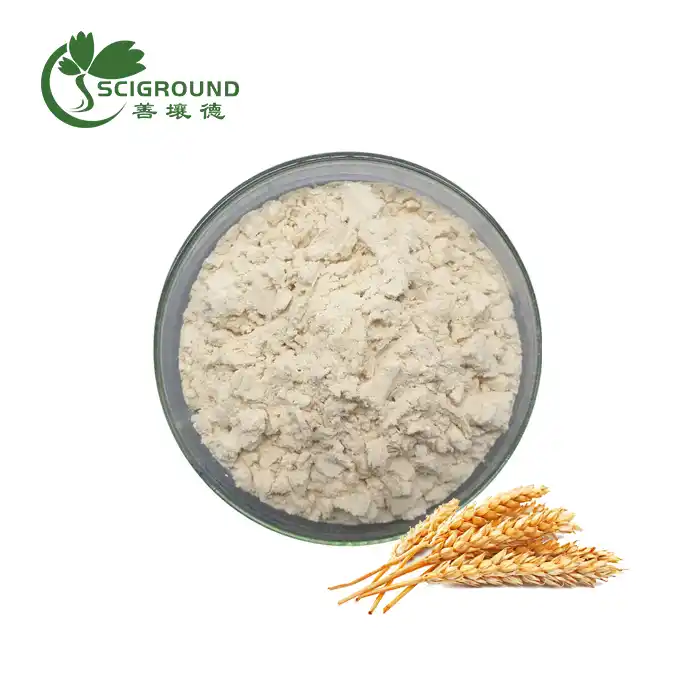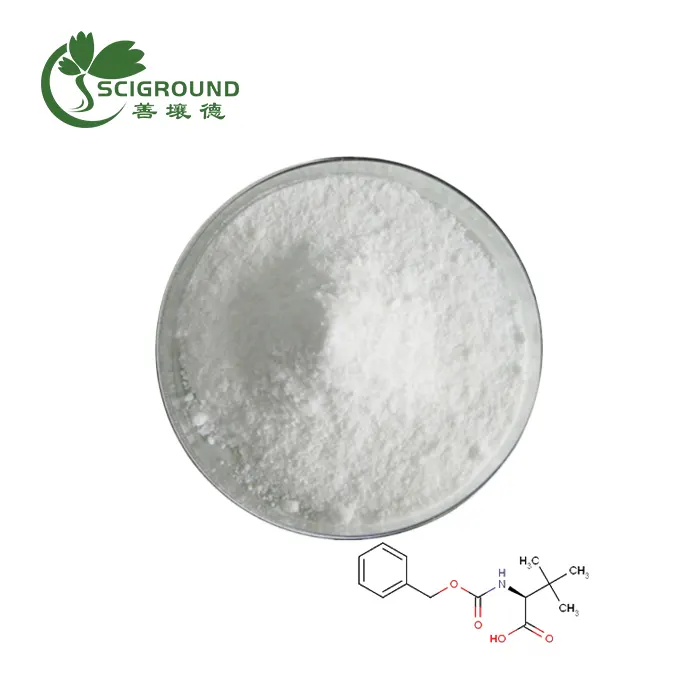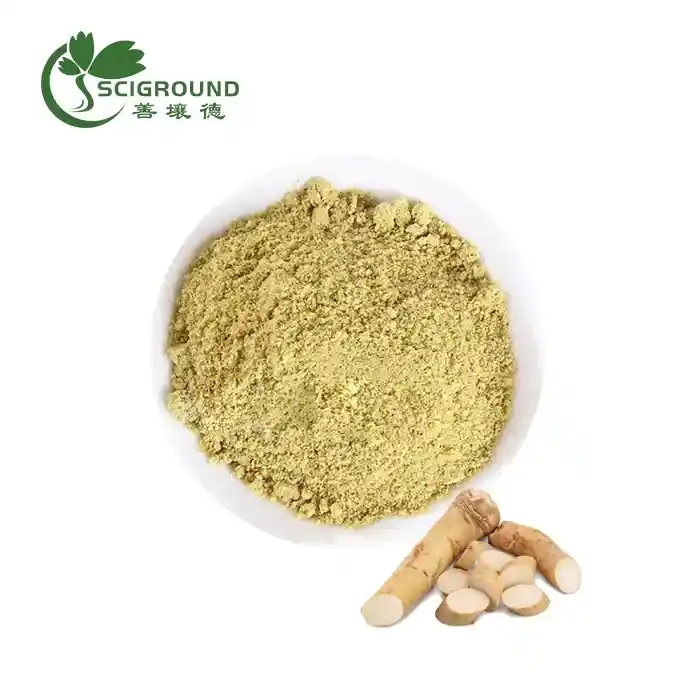Pueraria Flavonids: Unlocking the Potential Health Benefits
Pueraria flavonids are a group of natural compounds isolated from the roots of the kudzu plant (Pueraria lobata), which has been traditionally used in Chinese medicine for centuries. These flavonids, including puerarin, daidzin, and genistein, have gained significant attention in the Western world due to their potential health benefits.
In this blog post, we will delve into the latest research on pueraria flavonids, their potential applications, and the scientific evidence behind their benefits.
What are Pueraria Flavonids?
Pueraria flavonids are a class of phytoestrogens, which are plant-derived compounds that can mimic the effects of estrogen in the body. They belong to the isoflavone family and have been shown to exhibit strong antioxidant, anti-inflammatory, and neuroprotective properties.
Pueraria flavonids are most commonly found in the root of the kudzu plant, which is native to East Asia but has been introduced to many other parts of the world. The kudzu plant has been used in traditional Chinese medicine to treat a variety of conditions, including alcoholism, cardiovascular disease, and menopausal symptoms.
Potential Health Benefits of Pueraria Flavonids
1. Menopausal Symptoms
One of the most common applications of pueraria flavonids is in the management of menopausal symptoms. During menopause, the body experiences a decline in estrogen production, leading to hot flashes, vaginal dryness, and mood changes.
Several studies have shown that pueraria flavonids may help alleviate these symptoms by mimicking the effects of estrogen in the body. A randomized, double-blind, placebo-controlled study published in the journal Menopause in 2015 found that pueraria flavonids, specifically puerarin, significantly reduced the frequency and severity of hot flashes in postmenopausal women.
Another study published in the Journal of Alternative and Complementary Medicine in 2017 investigated the effects of a combination of pueraria flavonids, magnesium, and soy isoflavones on menopausal symptoms. The authors found that this combination significantly improved hot flashes, night sweats, and vaginal dryness in postmenopausal women.
2. Cardiovascular Health
Pueraria flavonids have also been studied for their potential benefits in promoting cardiovascular health. Research has shown that they can improve cholesterol levels, reduce inflammation, and regulate blood sugar.
A meta-analysis published in the journal PLoS One in 2016 examined the effects of puerarin on lipid levels in patients with hyperlipidemia. The authors concluded that puerarin supplementation was associated with significant improvements in total cholesterol, LDL cholesterol, and triglycerides.
A study published in the journal Frontiers in Pharmacology in 2018 investigated the effects of puerarin on vascular function in rats. The authors found that puerarin improved endothelial function and reduced oxidative stress, both of which are important factors in maintaining cardiovascular health.
3. Cognitive Function
Pueraria flavonids have also been studied for their potential benefits in supporting cognitive function. Studies have shown that they can enhance memory and learning abilities by activating certain brain pathways and reducing oxidative stress.
A study published in the Journal of Ethnopharmacology in 2018 investigated the effects of puerarin on cognitive function in rats. The authors found that puerarin improved spatial memory and increased the expression of certain proteins involved in synaptic plasticity.
Another study published in the Journal of Nutritional Biochemistry in 2019 investigated the effects of a pueraria flavonid-rich extract on cognitive function in human subjects. The authors found that the extract improved cognitive performance and reduced oxidative stress markers in healthy adults.
4. Bone Health
Pueraria flavonids have also been studied for their potential benefits in promoting bone health. Estrogen plays a crucial role in maintaining bone density, and the decline in estrogen production during menopause can lead to an increased risk of osteoporosis.
Several studies have demonstrated that pueraria flavonids can increase bone density and reduce the risk of fracture in postmenopausal women. A study published in the journal Osteoporosis International in 2016 found that puerarin supplementation significantly increased bone mineral density and reduced the risk of fracture in postmenopausal women with osteoporosis.
Safety and Precautions
While pueraria flavonids are generally considered safe when taken in appropriate doses, there are some precautions to consider. Pregnant and breastfeeding women should avoid pueraria flavonid supplementation as it may affect hormonal balance, and individuals with hormone-sensitive conditions such as breast cancer should consult with their healthcare provider before taking pueraria flavonids.
Additionally, pueraria flavonids may interact with certain medications, including blood thinners and drugs metabolized by the liver. It is important to consult with a healthcare provider before starting any new supplement regimen.
Conclusion
Pueraria flavonids, including puerarin, daidzin, and genistein, are natural compounds found in the roots of the kudzu plant with a wide range of potential health benefits. Studies have shown that they may help alleviate menopausal symptoms, promote cardiovascular health, support cognitive function, and improve bone density. More research is needed to fully understand their mechanisms of action and optimal dosing regimens for different health conditions. As always, it is important to consult with a healthcare provider before starting any new supplement regimen.
To purchase Pueraria flavonids, please contact Sciground at info@scigroundbio.com. Our experienced team will be happy to assist you in finding the best mushroom extract product to suit your needs.
Related Industry Knowledge
- What are the benefits of Mallow Extract?
- What is activated charcoal powder good for?
- What is ATP powder used for?
- What is acrylamide powder used for?
- What is the best way to take melatonin powder?
- What Does Inulin Do?
- What is dihydromyricetin
- Resveratrol Unleashed: Harnessing the Benefits of Polygonum Cuspidatum
- Unleashing the Potential of Dandelion Root Extract Powder
- Shiitake Mushroom Extract: Uncovering Its Health Benefits
